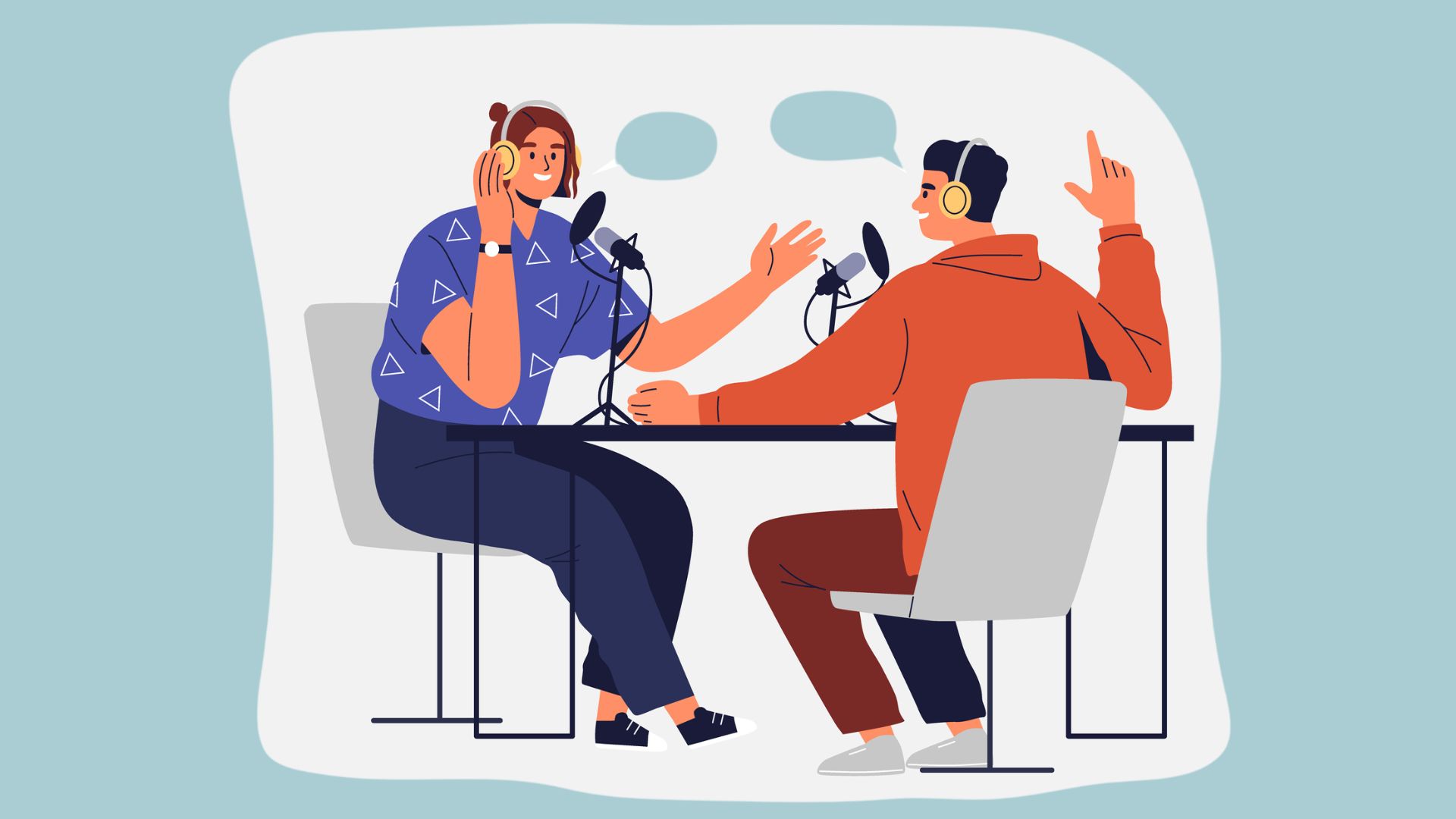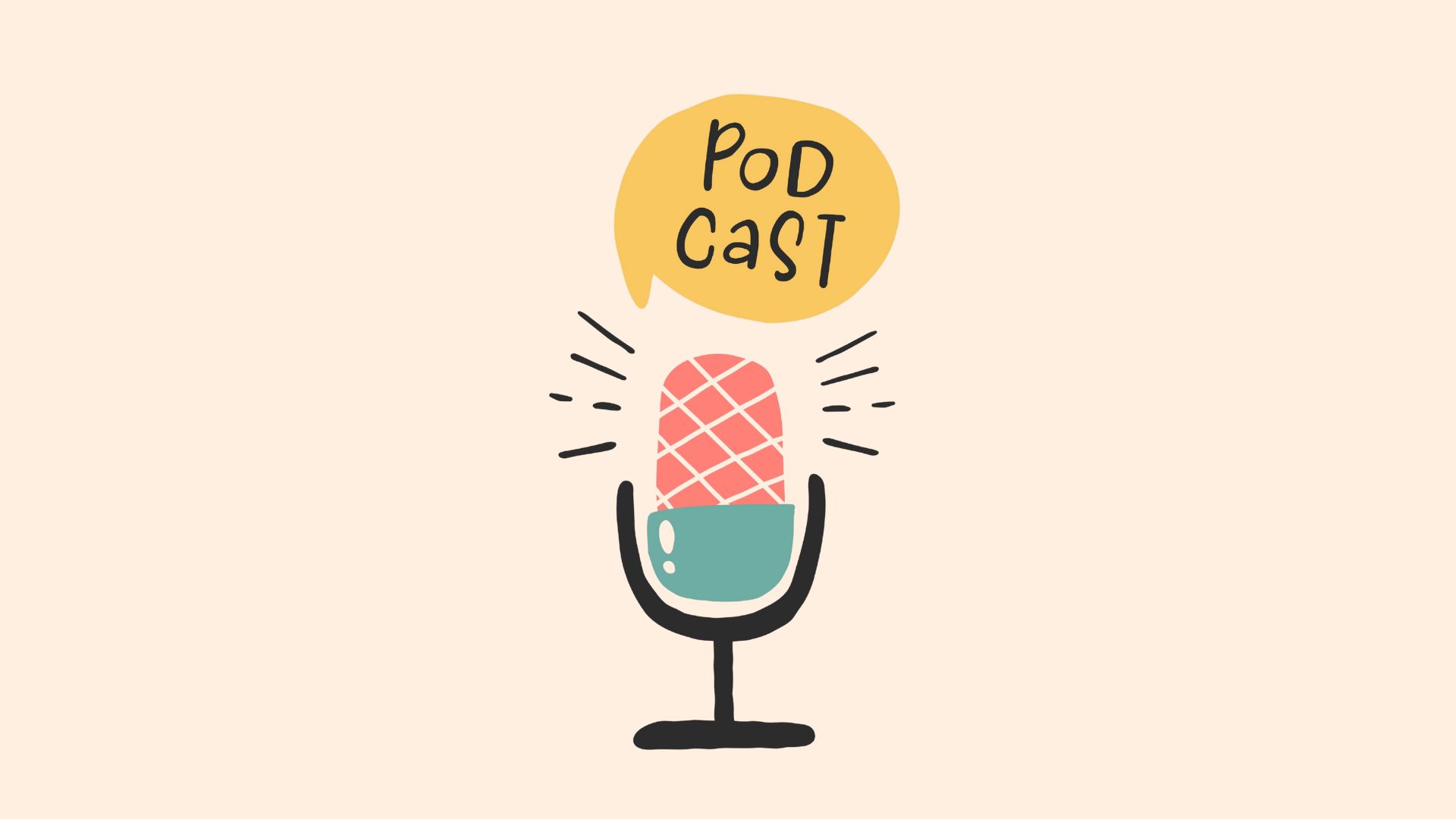How to be the perfect partner in podcast crime
Co-hosting a podcast with other people can be great. But if one or more members of the team aren’t pulling their weight or aren’t as committed to the project as you are it can be exhausting.
So how do you make sure you’re bringing your A-game as a podcast co-host?
[button text=”Apple” url=”https://itunes.apple.com/au/podcast/podschool-learn-how-to-create-professional-podcast/id1239671724?mt=2″ class=””] [button text=”Google” url=”https://www.google.com/podcasts?feed=aHR0cHM6Ly9yc3Mud2hvb3Noa2FhLmNvbS9yc3MvcG9kY2FzdC9pZC8xMzAz” class=””] [button text=”Spotify” url=”https://open.spotify.com/show/1Q2L51iY2sIL8BEkAKyxZj” class=””]
Tips for how to be a great podcast co-host
Be prepared
Turning up each week unprepared is the quickest way to annoy and disappoint your fellow co-hosts.
Even if you’re doing a show where someone else leads the content, or if you’re talking about something one of your co-hosts is an expert in, you still need to prepare SOMETHING.
Throwing to someone who hasn’t done the work before getting into the studio is incredibly frustrating and increases the pressure on everyone else.
It also doesn’t feel great to be that person because it’s hard to perform at your best when you’re underprepared.
The easiest way to feel cool, calm and confident behind the mic is to know your stuff. But going into a record with nothing in your head makes it harder to add to the conversation and that can be really stressful.
The best kind of co-hosts are the ones who are always there, ready with something engaging and interesting to say and that doesn’t happen by magic, that’s a by-product of being prepared.
Don’t be so prepared you can’t be in the moment
While preparation is important you don’t want to prepare so much that you’ve practised your conversations before having them.
To get the best content in the record you want to know where the conversation is going but not exactly how it’s going to play out.
If you’ve planned everything word-for-word you’ll be waiting for your line rather than listening to your co-hosts and being in the moment.
And that makes for a stilted conversation that’s difficult to listen to.
Jump into the conversation before you’re invited
There’s nothing worse, as a co-host than getting to the end of what you’re saying, looking across at your partner and thinking “OMG. They’ve got nothing.”
In a great show, the ball is passed seamlessly from co-host to co-host without anyone needing to be invited in.
This is where hand signals and body language come in handy. You want to make sure you’re signalling to your co-host you’ve got something either by raising your hand, leaning in or giving them a nod that says “I’ve got this.”
That’s a reassuring energy to be sitting across from in the studio and it’ll make you a co-host people enjoy working with.
Leave your shit at the door
There’s nothing more frustrating than working with someone who brings the stress of their day into the record.
Obviously, there are big things that can happen in people’s lives that shake them to the core. In those circumstances, it’s probably best to apologise to your audience and take some time off.
But if you’re just walking in, in a huff because you had a bad date last night or you got stuck in traffic, you need to shake that off because no one wants to be trying to drag excitement out of their co-host.
To have an awesome show everyone needs to be present, in the moment and on their A-game so try to leave your issues outside the door.
Listen
The most important thing you can do when recording a podcast is listen to what your co-hosts are saying.
If you’re looking down at notes you’ve prepared or thinking about where the conversation is supposed to go you’ll never have the kind of relaxed conversation that’s necessary to get an audience engaged in your show.
Bring your 50% (or more)
The death knell for a show is when resentment starts to creep in and nothing breeds resentment like one person doing all the work.
Podcasting is a huge commitment so make sure you’re sharing the load.
If your co-host wants to edit (which takes a lot of time) tell them you’ll look after the website or social media.
To have a good show you need a great partnership and that means everyone needs to be pulling their weight.
Got a burning podcasting question you’d like answered? Send me an email.
Want to start your own podcast but need a little help? Download my “How To Start A Podcast” guide or sign up for my online podcasting course, PodSchool.
[spp-transcript]














